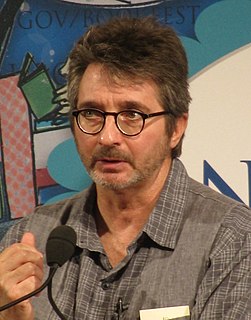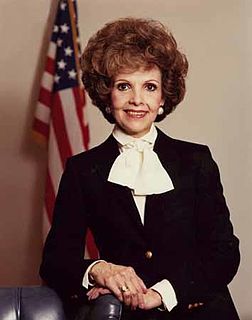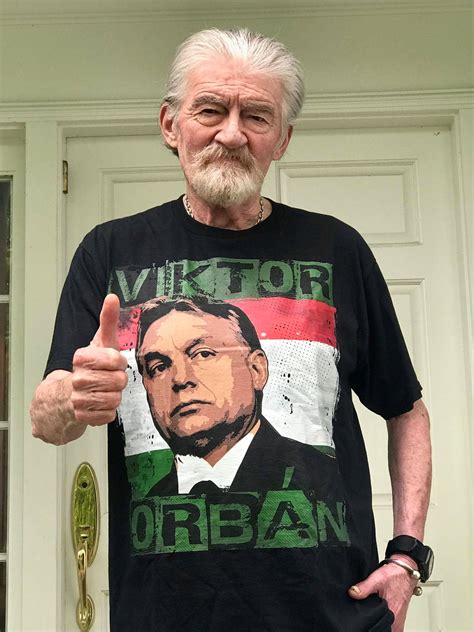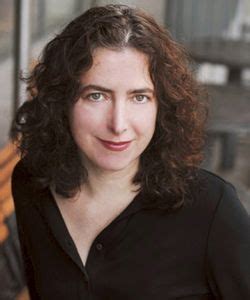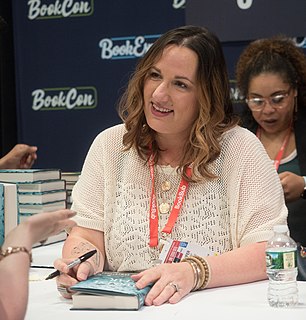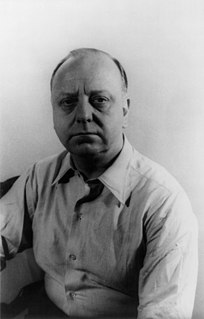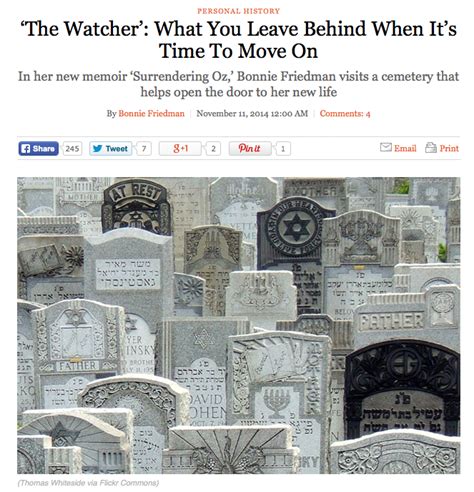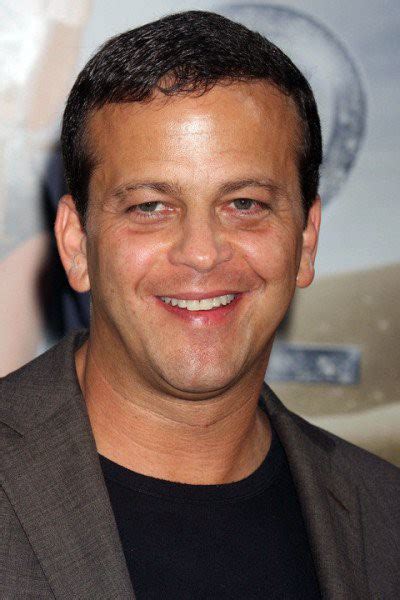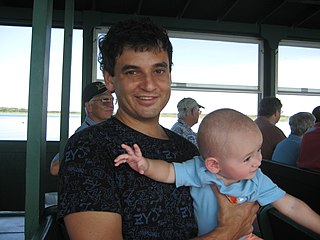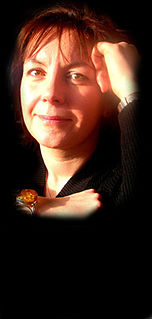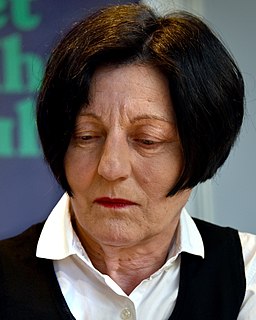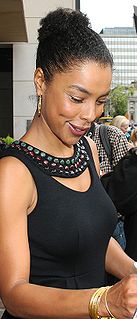Top 1200 Writing By Writers Quotes & Sayings - Page 17
Explore popular Writing By Writers quotes.
Last updated on April 21, 2025.
When you're writing - when I'm writing anyway - I'm writing out of different kinds of preoccupations and obsessions, different forms of drivenness, and so you're really hostage those while writing. I am, anyway. And it's only when you finally take the finished thing out of the furnace that you see what it was that went into the making of the thing.
Writing is writing to me. I'm incapable of saying no to any writing job, so I've done everything - historical fiction, myths, fairy tales, anything that anybody expresses any interest in me writing, I'll write. It's the same reason I used to read as a child: I like going somewhere else and being someone else.
Like most writers, I look back on all of my finished works with utter regret, and the trouble with writing a series of novels is that you have to go back and read them, and make sure that you haven't forgotten anything you've created, and then when you do that, you're faced with your own mistakes on every trick, from the wrong word in places to entirely the wrong incident.
I told [a big investor in The New Yorker] - I was complaining the way writers complain.I said`[Bill Shawn] pays very well, but a lot of my pieces don't get in,' and that was true of most of the writers there.But he pays you for them, that was very nice of him. This guy didn't think it was very nice. He figured, `Oh, my God, that's more of my investment gone,' and paying money to writers for not printing them. That became, apparently, one of his weapons against Shawn when he - in the corporate skirmishes that went on. It was a bad mistake on my part.
I guess I've always wanted to create my own stories, but writing was one of those things where I thought that I would never actually do it. I respected writers too much, and what they do, to think that I was one of them - and I still feel that way a lot of the time. I still feel uncomfortable calling myself a writer. I'm like, "No, I'm an actor who writes sometimes."
I'm not a wildly gifted person; I don't play an instrument or speak another language or have great accomplishments in another field, as many writers do. But writing feels natural to me; the act of it seems to free up my unconscious, so that sometimes I feel that I have access to more ideas and information than my conscious mind could think up.
I hate writing. I so intensely hate writing - I cannot tell you how much. The moment I am at the end of one project I have the idea that I didn't really succeed in telling what I wanted to tell, that I need a new project - it's an absolute nightmare. But my whole economy of writing is in fact based on an obsessional ritual to avoid the actual act of writing.
Film writing and concert writing are two very different things. In film writing I am serving the film and it tells you what to write. I have to stay within the parameters of the film. In writing concert music for the stage I can write anything I want and in this day and modern age rules can be broken.
Thousands of volumes have been written about aviation, but we do not automatically have thousands of true and special friends in their authors. That rare writer who comes alive on a page does it by giving of himself, by writing of meanings, and not just of fact or of things that have happened to him. The writers of flight who have done this are usually found together in a special section on private bookshelves.
Writers often like to talk about how intuitive the writing process is, but in truth, building a book is a remarkably unintuitive task. Or, to put it more accurately, you need a lot more than intuition. You need plot and characters. You need a setting. You need a theme that is relevant and supported by your text.
I think training your instinct comes from writing and reading. There's no big secret. And reading slush helps, as well; I'd recommend everyone edit a literary magazine at some point. It's time-consuming, but there's a lot to learn from other writers who are also learning. The patterns (twelve stories about whales in this batch?) are also interesting.
When I used to teach writing, what I would tell my playwriting students is that while you're writing your plays, you're also writing the playwright. You're developing yourself as a persona, as a public persona. It's going to be partly exposed through the writing itself and partly created by all the paraphernalia that attaches itself to writing. But you aren't simply an invisible being or your own private being at work. You're kind of a public figure, as well.
They started doing it in reality TV, where writers don't have union protections and are easy marks for getting this kind of material in there. You're less likely to find it on network prime-time series, but the creep is moving in that direction. It has become intrusive and overwhelming to us as a union of writers.
So many writers come to class with one question dominant in their mind, 'How do I make a living from this?' It's a fair enough question and one I always try to answer well- but it saddens me that it so often overshadows the more relevant questions of 'why am I writing' and 'what am I saying' and 'how do I keep it honest.
We have a full writers' room, and with something like 'MyMusic,' we've scripted it out with professional writers. There is some very basic improv from the actors, but everything is very to the letter, so it's easy to edit down to an episode. There are fun little things an actor might throw in there.














